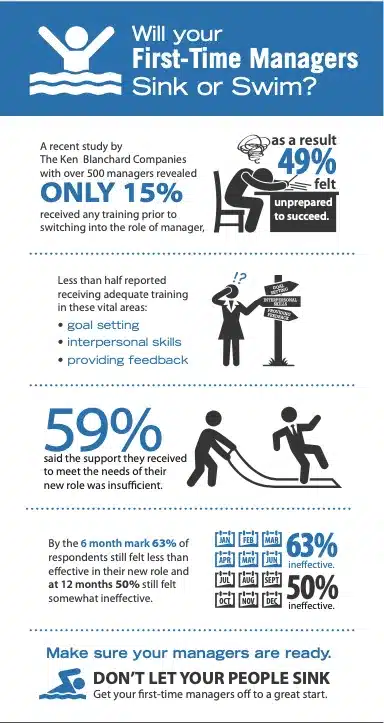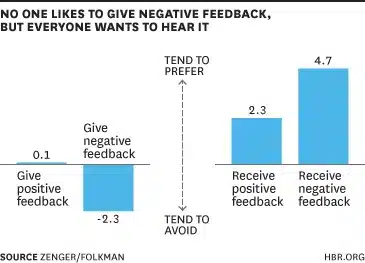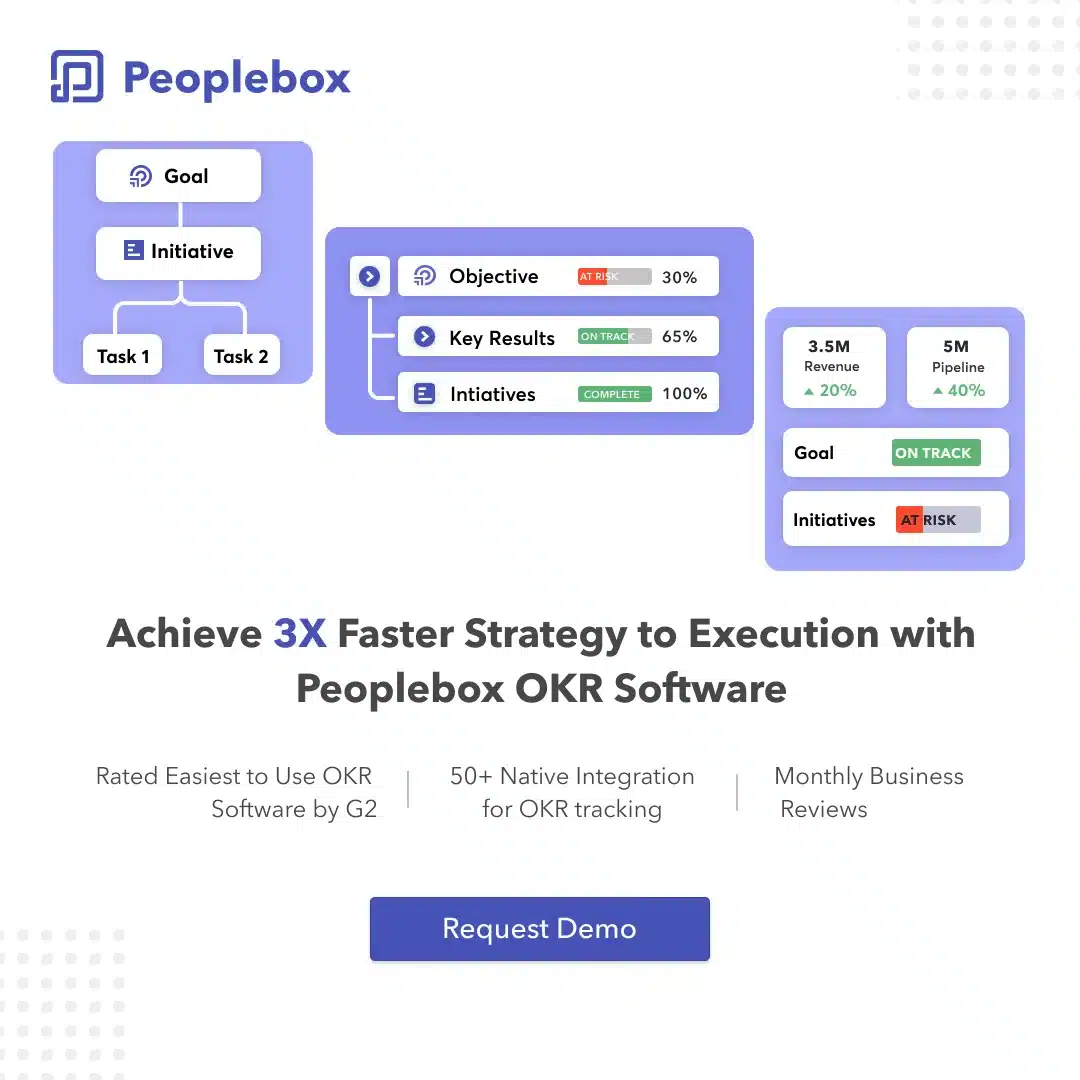
Let’s start with a small exercise. Try recalling the time when you were asked to take up the role of a manager. Must have been a proud and overwhelming feeling, both at the same time.
Now, try recalling your favorite manager, that familiar face, which helped you transition into the role smoothly and ace the challenges that come with the new role.
If you are struggling to recall, it is possibly because you never had one.
But if you were able to remember, you probably share the feeling with a skewed number.
According to a research by Gallup, only 1 in every 10 people has what it takes to effectively manage others!
Studies and statistics suggest that most new managers find themselves lost, underperform or even choose to exit the role in their formative years as a manager.
If you are a CEO, HR or Head of Dept, your first time managers play a critical role in building a motivated and high growth team.
A research finds that nearly 44% feel they are not prepared for the role and 87% feel they need more training before taking the leap in their career.

How do you set up first time managers for success?
A promotion is a reward of good performance and leadership traits. A promoted position, on the other hand, is also a test of one’s leadership potential.
At this point, your new managers need more than a few words of motivation.
Especially, when they are vulnerable towards running into ‘imposter syndrome’ at this crucial juncture in their career.
Evolving workforce is also a challenge for the new managers. Millennials dominate the US workforce at present.
By 2030, this number will increase and they will constitute more than 75% of the total US workforce.
As a seasoned manager and leader, here’s how you can guide them by providing the support and training to re-instill their confidence.
1 Start slow, focus on small wins
Most first time managers are likely to feel overwhelmed by the expectations and responsibilities that come with the role.

It is wise to start slow, by giving them a smaller team, of say 2-3 direct reports to begin with.
Set realistic goals and expectations in the beginning to help them build confidence.
As they meet their goals and gain confidence on the way, ramp up their scope and challenges.
You can also consider increasing their direct reports as they go forward.
2 Smoothen their transition
New managers would have been great performers as individual contributors, but now is their time to help other individual contributors come together and work as a team.

To smoothen this transition, help them understand how their role has changed and all that it entails.
Tell them what being a manager means. They must understand that their job is no longer only about meeting their personal goals or individual goals, rather it is about enabling their team to succeed.
Since you have already been through the path, you would agree first time managers are likely to fall prey to stress of wanting to prove themselves.
Provide them role clarity, goal clarity, and most importantly what are the team’s expectations from them.
3 Be approachable
Most first time managers are more nervous than they admit. They’re full of doubts and apprehensions. But they don’t ask many questions to avoid seeming incapable.

It is, hence, your responsibility to assure your new managers that they have your support. And they can, at any point in time, approach you and share their doubts and concerns.
You can do this by showing up around them, regularly.
Lunch meetings or a regular drop-by at their desk may be a good idea but might not be enough.
The best way to give them the message is through one-on-one meetings.
OKR Software – Rated 4.8 on G2
Empower your managers to be a better leader with essential performance tools & personalized coaching support.
Try One-on-Ones tool for Free
Build and track your one-on-one culture and make sure that every one-on-one is actionable and meaningful.
4 Show them the power of 1-on-1 meeting
Needless to say, 1-on-1 meetings are one of the most effective tools a manager has to achieve team success.

Not to forget, new managers are likely to learn by what they see. Introduce your first-time manager to the concept of 1-on-1 meetings by first conducting regular meetings with them.
This will be their safe zone, where they can open up with you about the challenges they are facing, and a great opportunity for you to guide and coach them in their newly assumed role.
One-on-one meetings will also help them understand the importance of a continuous feedback cycle and regular performance review, which is crucial to not get hurt by missing the blind spots.
Some questions you can suggest them to ask in their one on one meetings are given below.
You can also refer to this list of more than 500 one-on-one questions to ask and share the link with them:
Manager Support:
- On a scale of 1-5, how would you rate my support to you as your manager?
- What were some actions or behaviors of your past managers that frustrated you at work?
- What did your past managers do for you that you’d like me to continue doing?
- What can I do to become a better manager for you?
- What can I do to make your work more fun for you?
- What communication style works best for you?
Work Satisfaction:
- What do you find most frustrating at work? What can I do to help you with it?
- How do you feel about your current workload?
- How do you unwind after work or on weekends?
Feedback:
- How do you like to receive feedback from me?
- Do you find my feedback specific and actionable?
- Are there any specific areas on which you’d like more feedback?
Career Growth:
- What’s the most important thing in your career right now?
- What are the top three skills you’d like to learn on the job?
- What do you enjoy the most in your current role?
- What do you think are your strengths?
Goals & Alignment:
- What is on top of your to-do list at work?
- What went well at work this week?
- Do you think the goals set for you are realistic & achievable?
- What are you aiming to achieve in the coming months?
Recognition:
- Do you feel recognized for the accomplishments you’ve had here?
- What form of recognition would you prefer the most: public or private, new responsibilities, awards, promotion, cash, etc?
OKR Software – Rated 4.8 on G2
Empower your managers to be a better leader with essential performance tools & personalized coaching support.
Try One-on-Ones tool for Free
Build and track your one-on-one culture and make sure that every one-on-one is actionable and meaningful.
5 Stay involved
When you promote an individual to a position of leadership, their performance becomes your responsibility.

Most first-time managers feel helpless at the onset of their tenure.
They were a part of a team with shared responsibilities; their promotion makes them a lone warrior responsible for the entire team.
Hence, it is vital for you to stay involved with the first-time managers to help them make better decisions.
A new manager will be able to make decisions confidently only if she knows that there’s someone behind her.
You can encourage the culture of skip-level meetings with the first time managers to check on them regularly and know if they are doing fine.
Conducting regular engagement surveys is yet another way to stay updated about the first-time managers’ progress.
It would be a good idea to share the reports of these surveys with the managers as well, so they know where they stand and take necessary actions.
6 Help them master the art of giving feedback
Feedback is vital to your manager’s progress. Here, the feedback would work in three directions – you sharing your feedback with them; them sharing their feedback with their direct reports, and them receiving feedback from their direct reports.
According to a survey conducted by the Harvard Business Review, 57% employees prefer corrective feedback over straight praise.

The art of giving feedback is subtle and can only be mastered with experience.
Help them overcome the hesitation of giving negative feedback by training them on how to give constructive feedback.
If you have any new managers reporting to you, it is very likely for them to pick up your style of sharing your feedback with them, and implement it in their team.
Set an example and help them learn.
7 Equip them with tools & technologies
A Grovo research suggests that most first-time managers do not have the right tools to be successful in the role.
Millennials are tech-friendly and receptive towards trying out new technologies.

It would be best to satiate their thirst of finding and using new technologies by not only providing them existing tools used in your organization, but also be open to the idea of them experimenting and suggesting new tools that can be added to this list.
A few tools used by the managers of today are Zoom, Slack, Notion, Slite, 1-on-1 meeting tools like Peoplebox.
8 Allow them a way out in the first year itself
Not all those who assume the role of a manager enjoy living up to it.

In a case where the manager is unable to pull it off, despite you providing them the support they need, allow them a safe exit.
It could either come from them or you too could break the news to them.
If they are a talent worth retaining, give them another chance in their previous role as an individual contributor. Promotion is not a prison, after all.

Summing it up
First-time managers are responsible for operational efficiency and driving the team together.
Their role is more nuanced and important than the credit they’re given.
And like they say, ‘there’s always a first-time’, it is totally up to you to let the first-time be an everlasting one for the first time managers.






